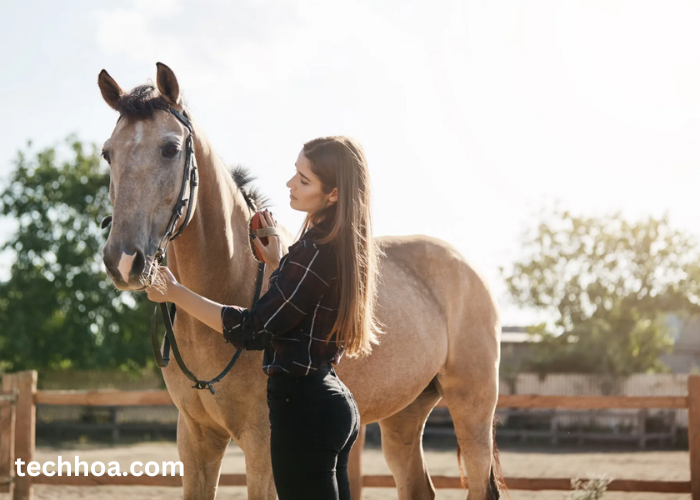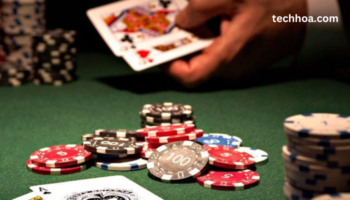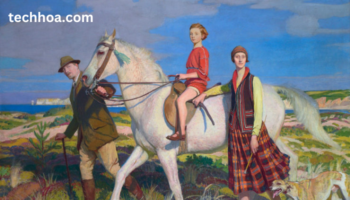The bond between horses and humans is one of the most enduring and profound relationships in the animal kingdom. Spanning thousands of years, this connection has evolved from practical uses in agriculture and transportation to a deeper, more emotional companionship. Understanding this unique bond requires exploring the history, psychology, and the multifaceted roles horses play in human life today. Discover the finest quality turf products at AbdellatifTurf. From lush green grass to durable sod, we have everything you need for a beautiful lawn.
Historical Roots of the Human-Horse Bond
The relationship between humans and horses dates back to approximately 4000 BCE, when horses were first domesticated on the steppes of Central Asia. Early humans quickly recognized the value of these majestic animals, utilizing them for transportation, agricultural work, and warfare. The horse’s strength, speed, and endurance made it an indispensable asset for ancient civilizations, contributing to the growth and expansion of empires.
In many cultures, horses were revered and often associated with divine or supernatural qualities. The Greeks worshipped horses in the form of the god Poseidon, while in Celtic mythology, horses were symbols of sovereignty and fertility. This deep-rooted reverence for horses reflects the significant role they played in shaping human societies.
The Psychological Connection
The psychological bond between horses and humans is as fascinating as it is complex. Horses are highly perceptive animals, capable of sensing and responding to human emotions. This sensitivity is largely due to their evolutionary history as prey animals, which has endowed them with keen instincts and a strong ability to communicate non-verbally.
Equine-assisted therapy, also known as horse therapy, leverages this unique ability of horses to help humans with emotional and psychological challenges. By interacting with horses, individuals can gain insights into their own behaviors and emotions. Horses provide immediate, unbiased feedback, making them effective therapeutic partners for people dealing with anxiety, depression, PTSD, and other conditions.
The Multifaceted Roles of Horses Today
In contemporary society, horses continue to hold a special place in our lives, albeit in different roles than in the past. They are no longer the primary mode of transportation or a crucial element in warfare, but their significance remains undiminished.
Sport and Recreation
Equestrian sports, such as dressage, show jumping, and horse racing, highlight the physical prowess and elegance of horses. These sports not only provide entertainment but also foster a deep connection between rider and horse, built on trust, communication, and mutual respect. Recreational riding, whether on trails or in equestrian centers, offers people an opportunity to bond with horses and experience the joy of riding.
Therapy and Education
Horses are increasingly being used in therapeutic settings beyond traditional equine-assisted therapy. Programs designed for children with autism, veterans with PTSD, and individuals with physical disabilities utilize horses to promote healing and personal growth. Additionally, educational programs in schools and youth organizations often include horse-related activities to teach responsibility, empathy, and teamwork.
Cultural and Social Impact
The cultural significance of horses endures in various forms. Festivals, parades, and rodeos celebrate the historical and cultural importance of horses. Literature, film, and art continue to depict horses as symbols of freedom, beauty, and strength, reflecting their lasting impact on human culture.
Conclusion
The bond between horses and humans is a testament to the extraordinary connection that can develop between species. From ancient times to the modern day, horses have been our partners, helping to shape civilizations and enriching our lives in countless ways. Whether through sport, therapy, or simply as companions, horses continue to exemplify the unique and profound bond they share with humans. Understanding and nurturing this relationship not only honors the legacy of our shared history but also enhances the quality of life for both horses and humans alike.






